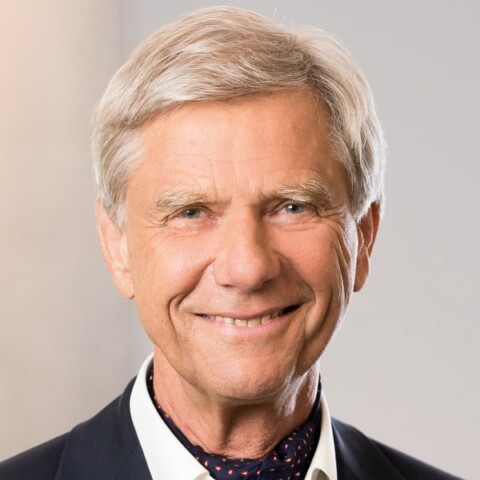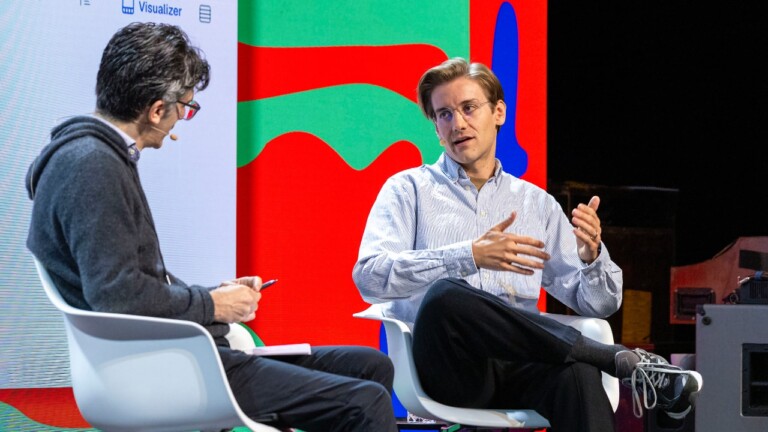Why does Europe face so many challenges in translating innovation into global tech giants? In this DLD Future Hub session moderated by Ann-Kristin Achleitner (TUM), two experts share their perspective: Alexander Glätzle, CEO of planqc, a German quantum computing startup; and investor Hermann Hauser, co-founder of Amadeus Capital Partners.
“We can be very proud of our universities”, Hermann Hauser says. “There’s nothing wrong with them.” European universities produce intellectual property on par with the U.S. and the number of European startups now exceeds America’s, he says. “What we really do have is a scale-up problem. And that’s the reason why we’re raising the 20 billion at the European Innovation Council to try and fill that gap.”
Alexander Glätzle’s company planqc represents Europe’s quantum computing ambitions. Leveraging Munich’s powerful ecosystem of world-class universities and the Munich Quantum Valley initiative, planc is building “Europe’s first digital neutral atom quantum computer” which will be “accessible via the cloud” to its first customers in 2026-2027, Glätzle promises.
Europe cannot win a pure money race against the U.S. or other countries with deep pockets, the planqc CEO believes. “We have to find a smarter way”, he argues. “We have to find what I call the European way – a way where we have a technological advantage.” In quantum computing, superconductors and various other technologies “the race is still open”, Glätzle says.
Watch the video for more insights into developing – and funding – deep tech ventures that will give Europe a competitive edge.





